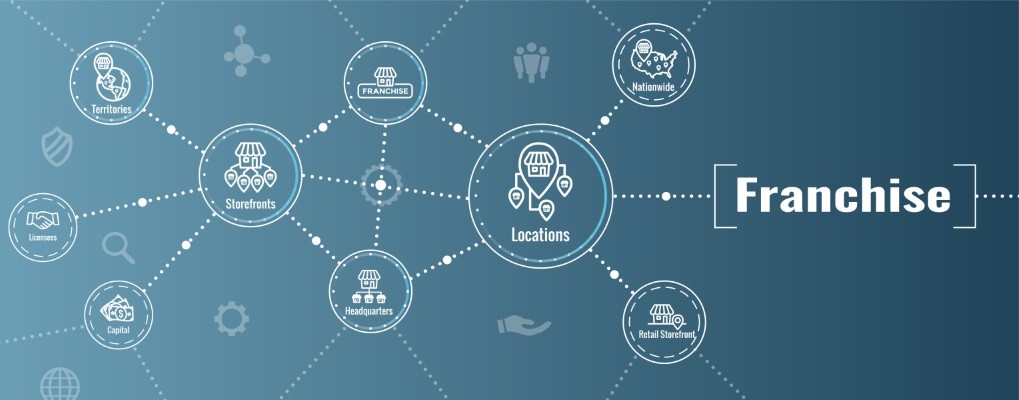
Introduction
The franchise business model is a strategic framework that allows entrepreneurs to replicate and expand successful business concepts through partnerships with franchisors. This article explores the components, benefits, and considerations of the franchise business model for aspiring franchisees.
Understanding the Franchise Business Model
The franchise business model is built on a partnership between the franchisor (business owner) and franchisee (investor/operator). Franchisors grant franchisees the right to use their brand, trademarks, business model, and support systems in exchange for initial fees, ongoing royalties, and adherence to franchisor standards.
Components of the Franchise Business Model
Franchise Agreement: A legal contract that outlines the rights, obligations, fees, territory rights, operational guidelines, and branding standards for franchisees.
Initial Investment: Franchisees pay initial fees, startup costs, and investments to establish and operate the franchise unit.
Royalties: Ongoing fees paid by franchisees to franchisors based on a percentage of revenue or a fixed amount.
Training and Support: Franchisors provide training, operational guidance, marketing support, supply chain access, and ongoing assistance to franchisees.
Brand Recognition: Franchisees benefit from the established brand recognition, customer trust, and marketing efforts of the franchisor.
Benefits of the Franchise Business Model
Proven Business Model: Franchisees leverage a proven business model, operational systems, marketing strategies, and brand recognition, reducing startup risks.
Training and Support: Franchisors offer comprehensive training, operational support, marketing assistance, and ongoing guidance to help franchisees succeed.
Scalability: Franchisees can expand and replicate their business by opening multiple franchise units in different locations, leveraging the franchisor’s brand and support.
Brand Recognition: Franchisees benefit from the established brand reputation, customer loyalty, and market presence of the franchisor, facilitating customer acquisition and trust.
Considerations for Prospective Franchisees
Research and Due Diligence: Conduct thorough research on franchisors, industry trends, market demand, competition, and franchise options before investing.
Financial Planning: Assess your financial capacity, investment budget, working capital needs, and ROI projections to ensure financial feasibility.
Legal and Contractual Obligations: Review franchise agreements, legal terms, fees, royalties, territory rights, renewal options, and exit strategies with legal counsel.
Compatibility and Alignment: Choose a franchise that aligns with your interests, skills, experience, values, goals, and market opportunities.
Communication and Collaboration: Maintain open communication with the franchisor, fellow franchisees, employees, customers, and suppliers to foster collaboration, address issues, and drive success.
The franchise business model offers a pathway to entrepreneurial success by combining the proven success of an established brand with the autonomy and investment opportunities for franchisees. By understanding the components, benefits, considerations, and responsibilities of the franchise business model, aspiring franchisees can make informed decisions and embark on a rewarding franchise journey.






